
The Buzz on Bugs: Fun Facts About Insects Revealed
Insects might be the creepy crawlies that make us squirm, but these tiny titans of the terrestrial world are actually buzzing with fun facts about insects. From their ancient origins to their surprising superpowers, insects are anything but boring. So grab your magnifying glass and get ready to have your mind blown by these fun facts about the world’s most populous kingdom:
Ancient Aliens
Insects have been around for a mind-boggling 400 million years, predating dinosaurs by a cool 170 million years! They’ve witnessed the rise and fall of empires, the changing of continents, and the evolution of all sorts of weird and wonderful creatures. Talk about OG Earthlings!
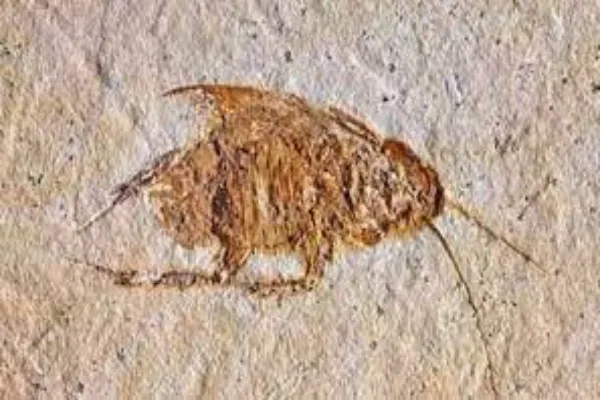
Super Strength
Don’t let their size fool you, insects are incredibly strong for their bodyweight. Hercules beetles, for example, can lift up to 1,141 times their own weight! That’s like an average person lifting a car! Now imagine carrying your house on your back – that’s basically what these little Herculeses are doing.
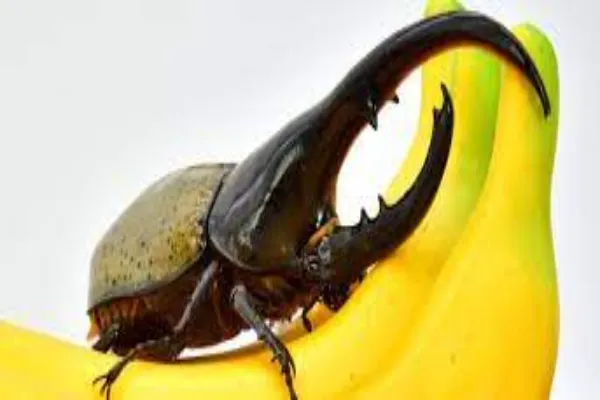
Masters of Disguise
Some insects have developed amazing camouflage skills to blend in with their surroundings. Stick insects look like, well, sticks, while leaf insects literally resemble leaves, complete with veins and even chew marks! It’s like nature’s own invisibility cloak, helping them avoid predators and sneak up on prey.

Speedy Fliers
Bees might not be the fastest animals on Earth, but they can sure flap their wings! With over 190 wing beats per second, these busybodies can travel up to 15 miles per hour. That’s pretty impressive for a creature the size of your pinky finger. No wonder they can visit so many flowers in a single day!

Jumping Champions
Grasshoppers might be small, but they can jump far. Thanks to their powerful hind legs, they can leap up to 200 times their own body length! That’s like a human jumping over a football field in a single bound! Talk about defying gravity!
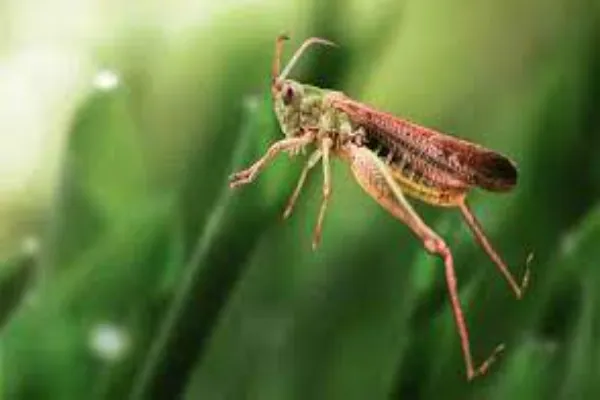
Smelly Superpowers
Some insects use their sense of smell in incredible ways. Mosquitoes, for example, can detect the scent of human sweat from miles away, leading them straight to their next blood meal. And bed bugs can sniff out the carbon dioxide we exhale while we sleep, guiding them to their cozy human beds. Not exactly a superpower we’d like to have, but impressive nonetheless!

Architects of the Underworld
Termites might be tiny, but they’re master builders. These social insects create massive and complex underground colonies, complete with tunnels, chambers, and even nurseries. Some termite mounds can even grow taller than houses! Talk about impressive real estate development!
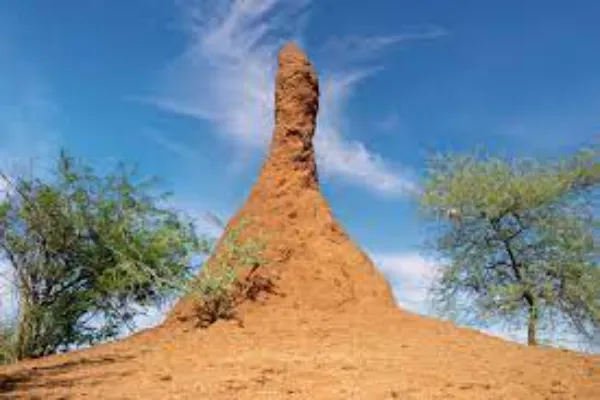
Masters of Mimicry
Some insects have taken the art of disguise to the next level by mimicking other creatures. Viceroy butterflies, for example, look nearly identical to the toxic monarch butterfly, tricking predators into thinking they’re poisonous and leaving them alone. It’s like nature’s own copycat costume party!

Pollination Powerhouses
Bees, butterflies, and other pollinators are the unsung heroes of the plant world. By flitting from flower to flower, they transfer pollen, allowing plants to reproduce and bear fruit. Without these busybodies, our fields and gardens would be pretty barren! So next time you enjoy a juicy apple or a colorful bouquet, remember to thank the insects who made it possible.
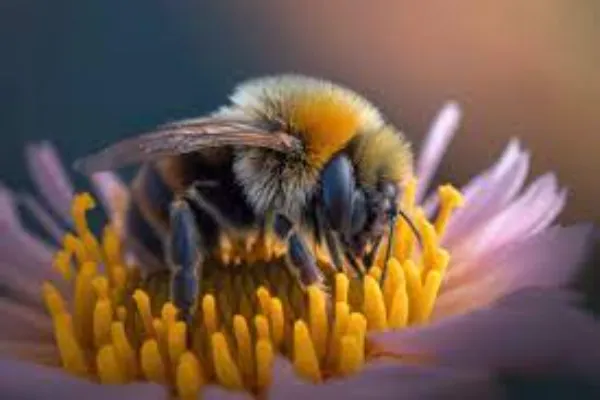
More Than Just Pests
Despite their reputation as nuisances, insects play a vital role in the ecosystem. They decompose dead matter, recycle nutrients, and control populations of other insects. They’re even a food source for birds, bats, and other animals. So next time you see an insect, instead of reaching for the bug spray, take a moment to appreciate its vital role in the delicate balance of nature.
So there you have it, just a taste of the many fun facts about insects that make their world so captivating. From their ancient origins to their surprising superpowers, these tiny titans are anything but boring. So next time you encounter a creepy crawly, remember, you’re not just looking at a bug, you’re looking at a survivor, an engineer, and a vital part of our planet’s ecosystem. Give them a little respect, and keep reading here.
Leave a Reply